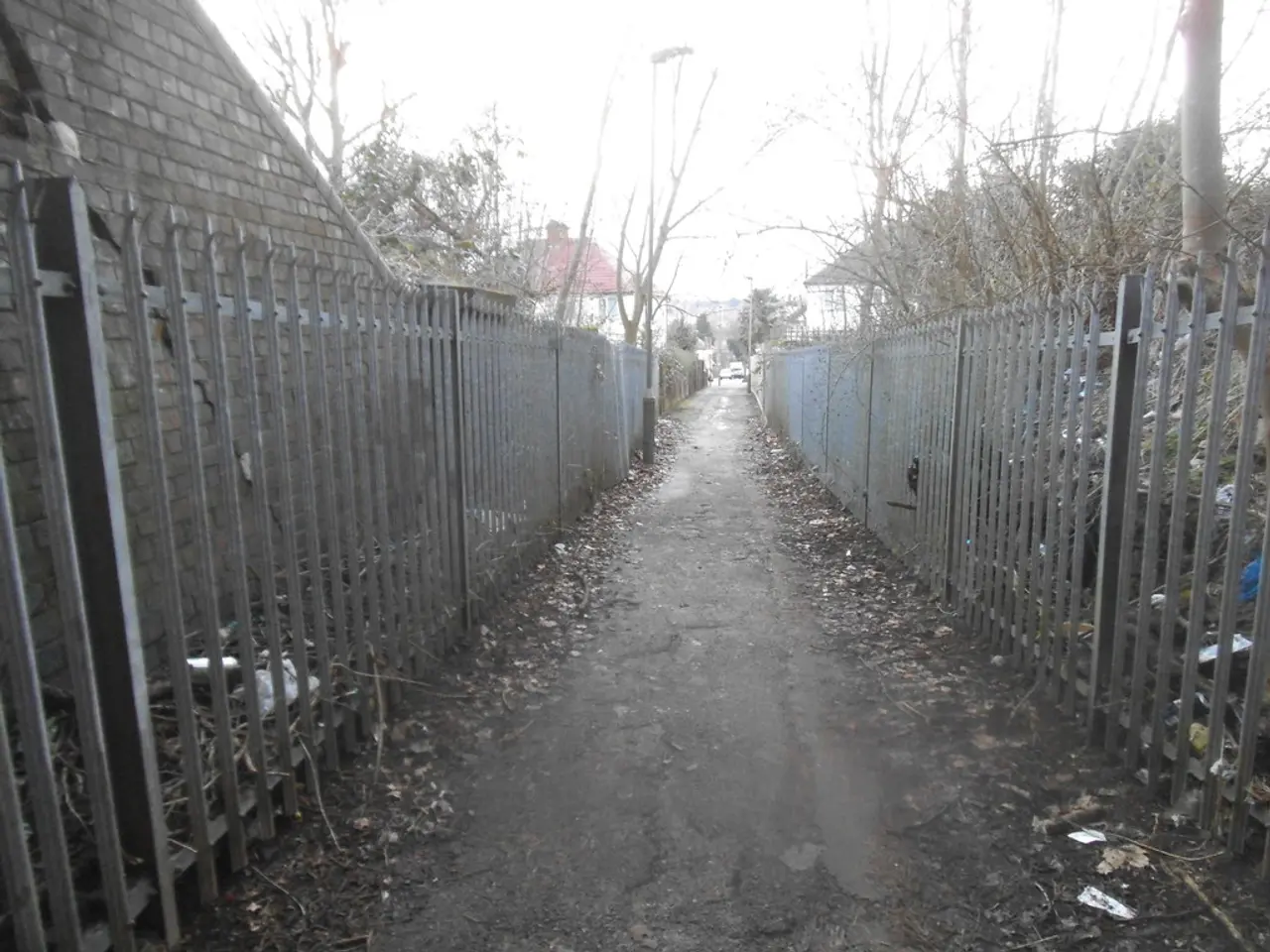Environmental advocates file lawsuit against a copper mining company in Chile, accusing it of causing pollution.
In the heart of Chile's mining industry, the municipality of Calama, a bustling city with a population of 200,000, is under the spotlight for environmental concerns. Known as the capital of copper mining in Chile, Calama is located in the Antofagasta region, a economic powerhouse with nearly 700,000 inhabitants.
The city's open-pit mines, including three active ones, have been a source of pollution and diseases due to the demand for water resources, heavy machinery operations, and polluting waste. This has led to the contamination of groundwater, which in turn has affected the Loa River and the city's main aquifer.
Codelco, the state-owned Corporation Nacional de Cobre, operates three enormous mines in the Calama area, including Chuquicamata, one of the deepest in the world. Tailings dams, designed to prevent liquid and solid waste generated by mining processes from contaminating nearby areas, have been in use at the Talabre site since 1952. However, failures in these containment systems have caused the contamination of groundwater, leading to the current situation.
The Chilean government has a legal obligation to protect public health and demand area decontamination in cases of pollution saturation. Yet, it is alleged that this obligation has not been met. A coalition of 20 social organizations has filed a lawsuit against the State for environmental pollution after 20 years of denouncements.
The lawsuit also includes the expansion of the Talabre tailings dam and the creation of the Ministro Hales mine, which Codelco plans to operate for the next 30 years. The state has a legal obligation to protect public health and demand area decontamination in cases of pollution saturation, but has allegedly failed to do so.
The environmental impact of mining in Calama has been evident for some time. In 2009, the city was declared a "saturated zone" with air pollution levels exceeding national limits. Recent scientific studies have revealed an increase in respiratory diseases, cancer, and genetic conditions in children.
Environmental organizations such as Oceana and Fundación Terram have filed lawsuits against Codelco for environmental pollution. In 2023, the court ruled in favor of stricter environmental controls and mandated remediation efforts.
A citizen environmental monitoring unit was established in Calama in 2023, led by Reinaldo Díaz Duk. The monitoring unit found an increase in heavy metals during periods of intense mining activity, affecting up to 80 kilometers.
The activist groups expect a judicial decision, with the aim that the polluter (Codelco) pays for the damages, new licenses are canceled, and studies on the population's health are conducted. The First Environmental Tribunal of Chile annulled the environmental decontamination plan presented by authorities in 2022.
After a complaint filed in 2023, the Superintendence of the Environment formally accused Codelco in August of last year, threatening the company with multimillion-dollar fines. The lawsuit filed by socio-environmental organizations against the state includes the approval of over 700 mining projects since Calama was declared saturated.
The demand for copper is increasing globally, particularly in the energy and transportation sectors. Solar and wind energy projects require four to six times more copper than systems based on fossil fuels. Despite this, it is crucial that the environmental impact of mining is addressed and managed responsibly to ensure the health and safety of communities and the preservation of our natural resources.
Chile, being the largest global producer of copper, plays a significant role in meeting this demand. However, it is essential that this production is carried out in a way that is sustainable and respectful of the environment and the communities affected by mining activities.








